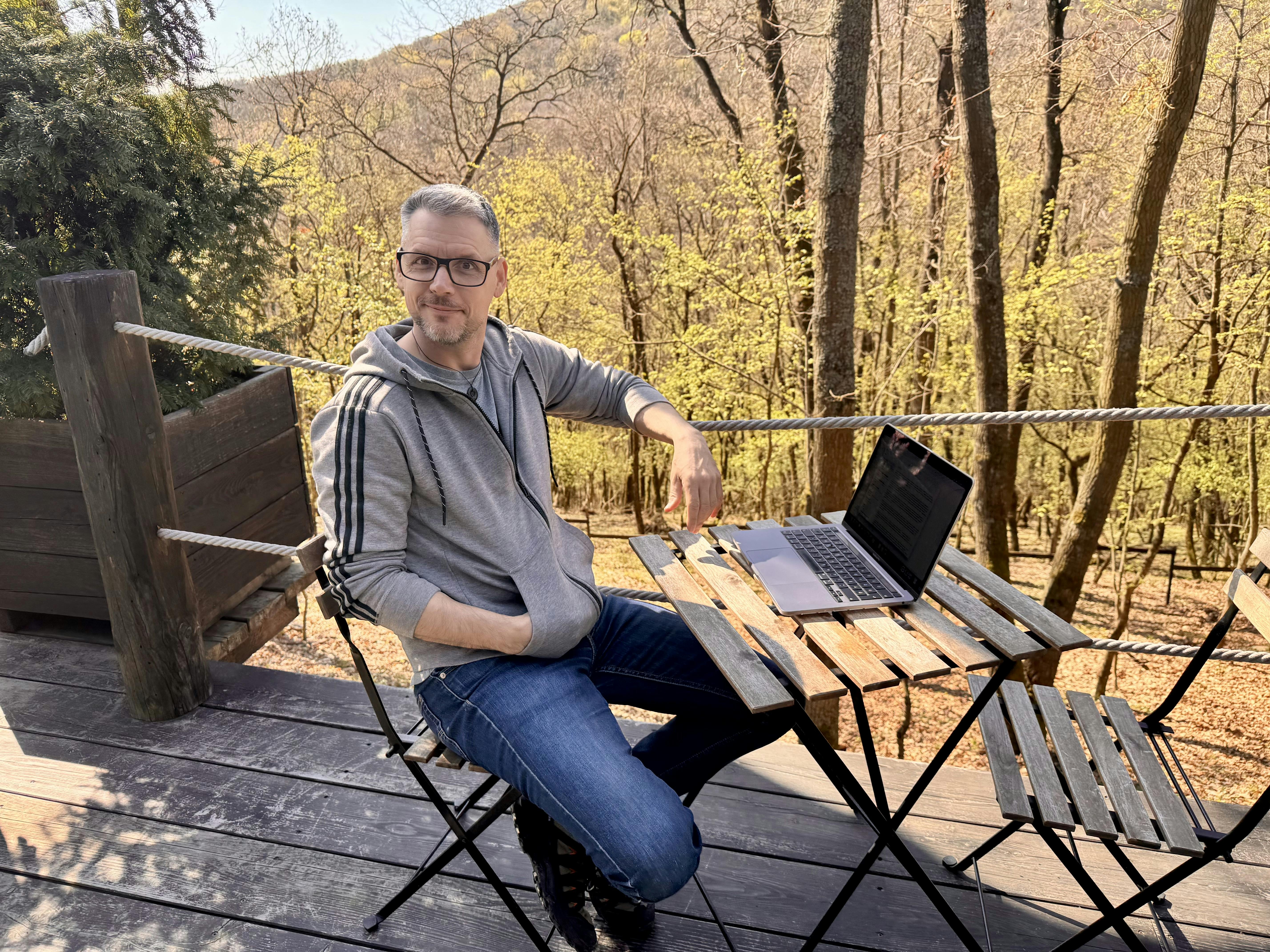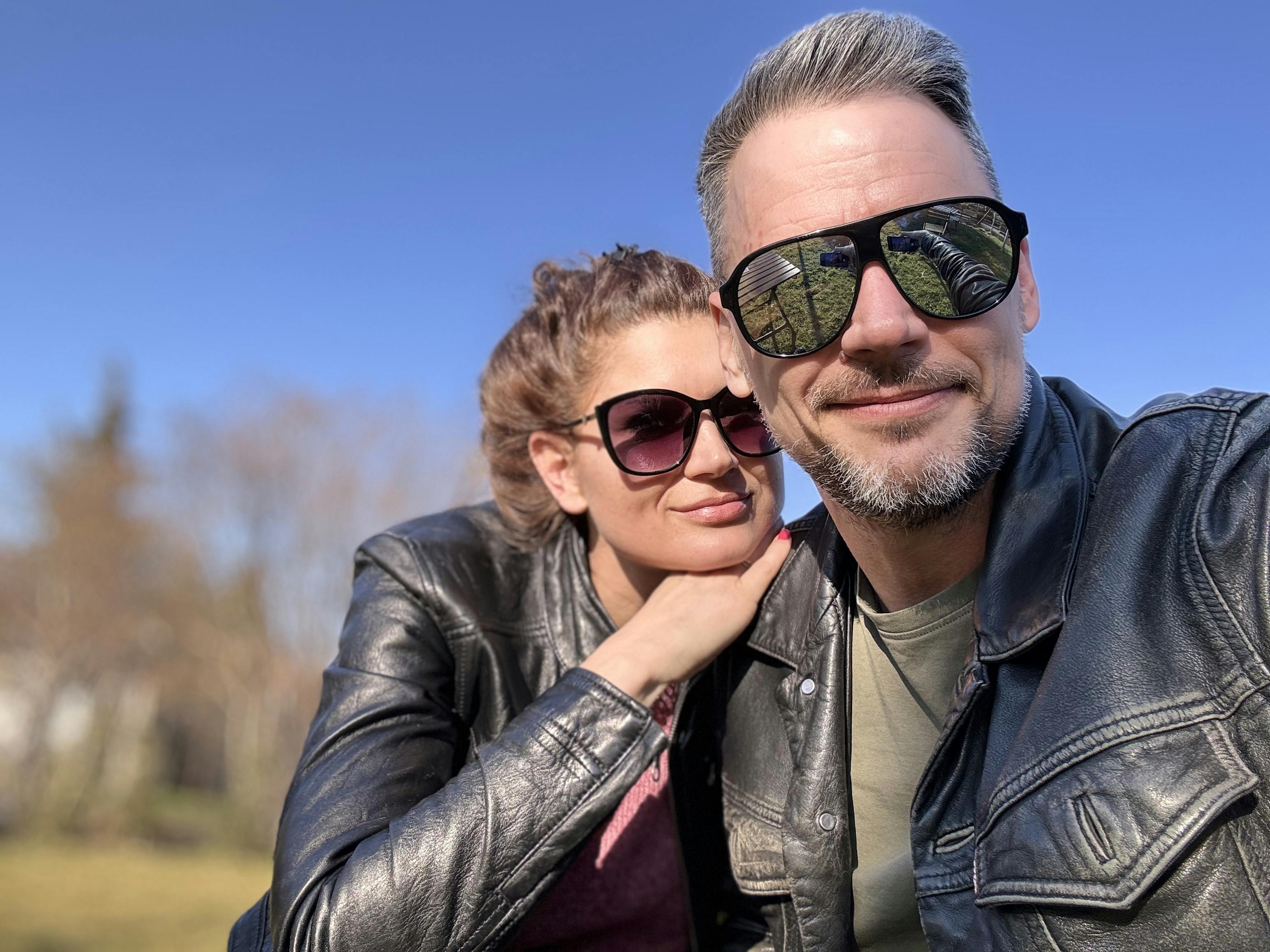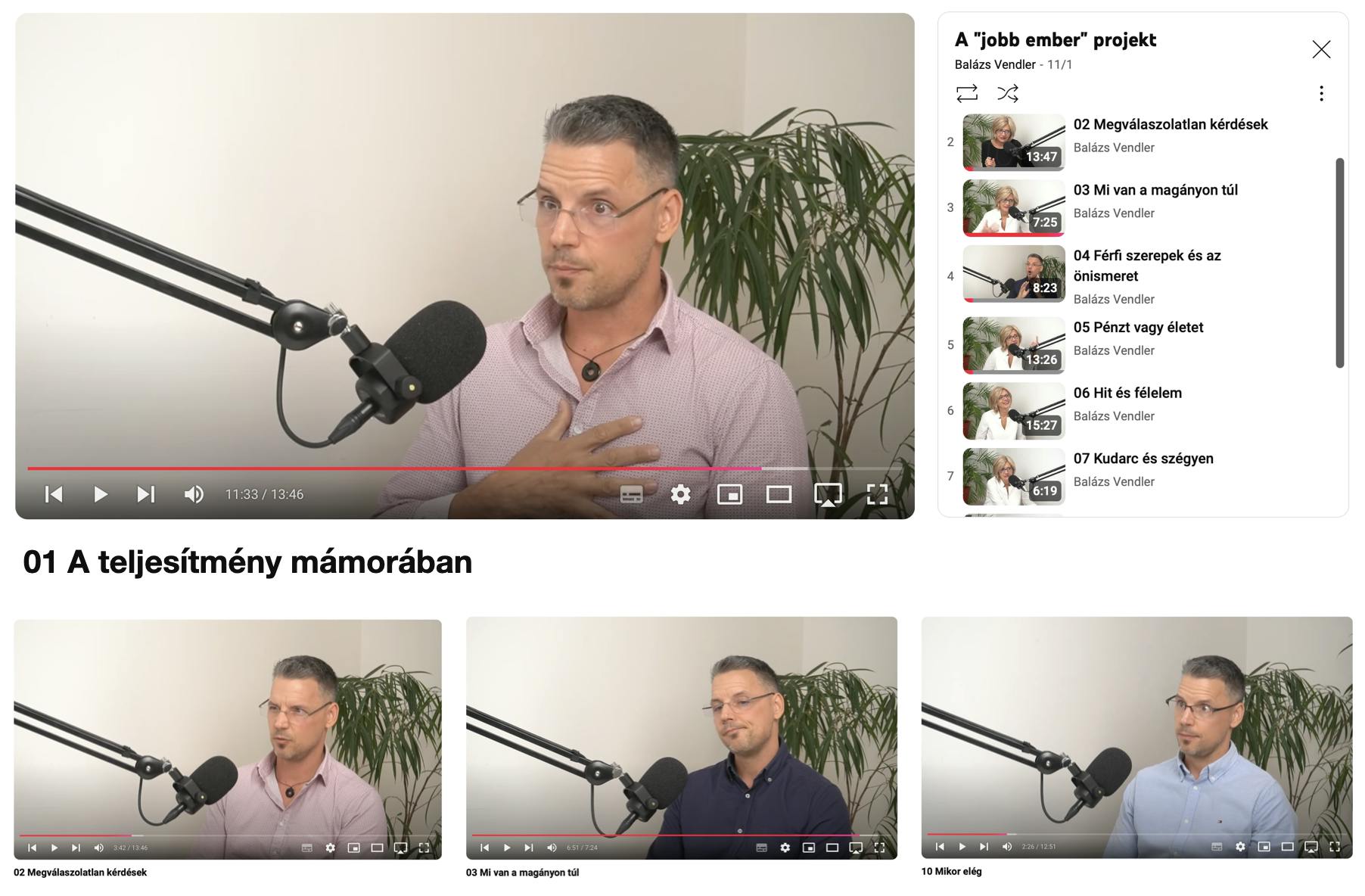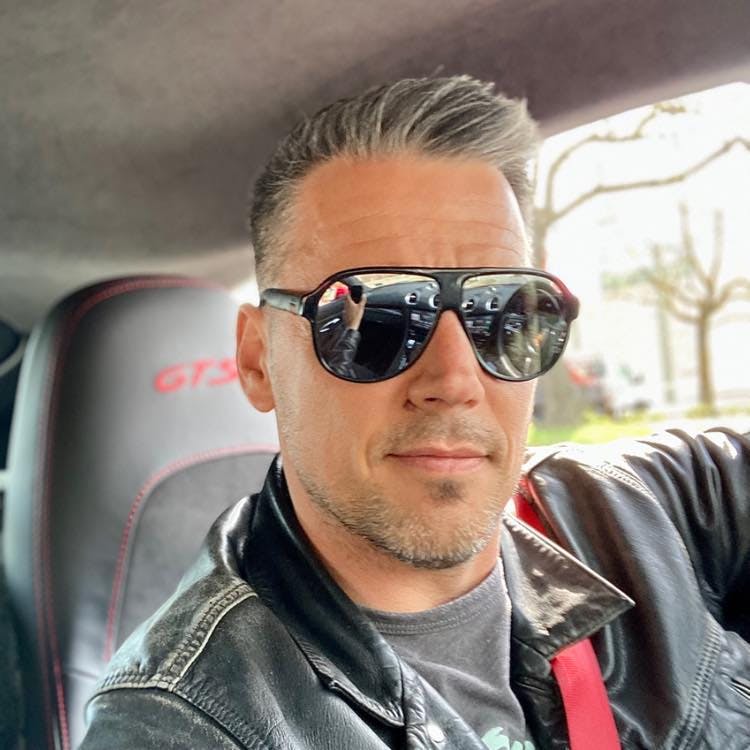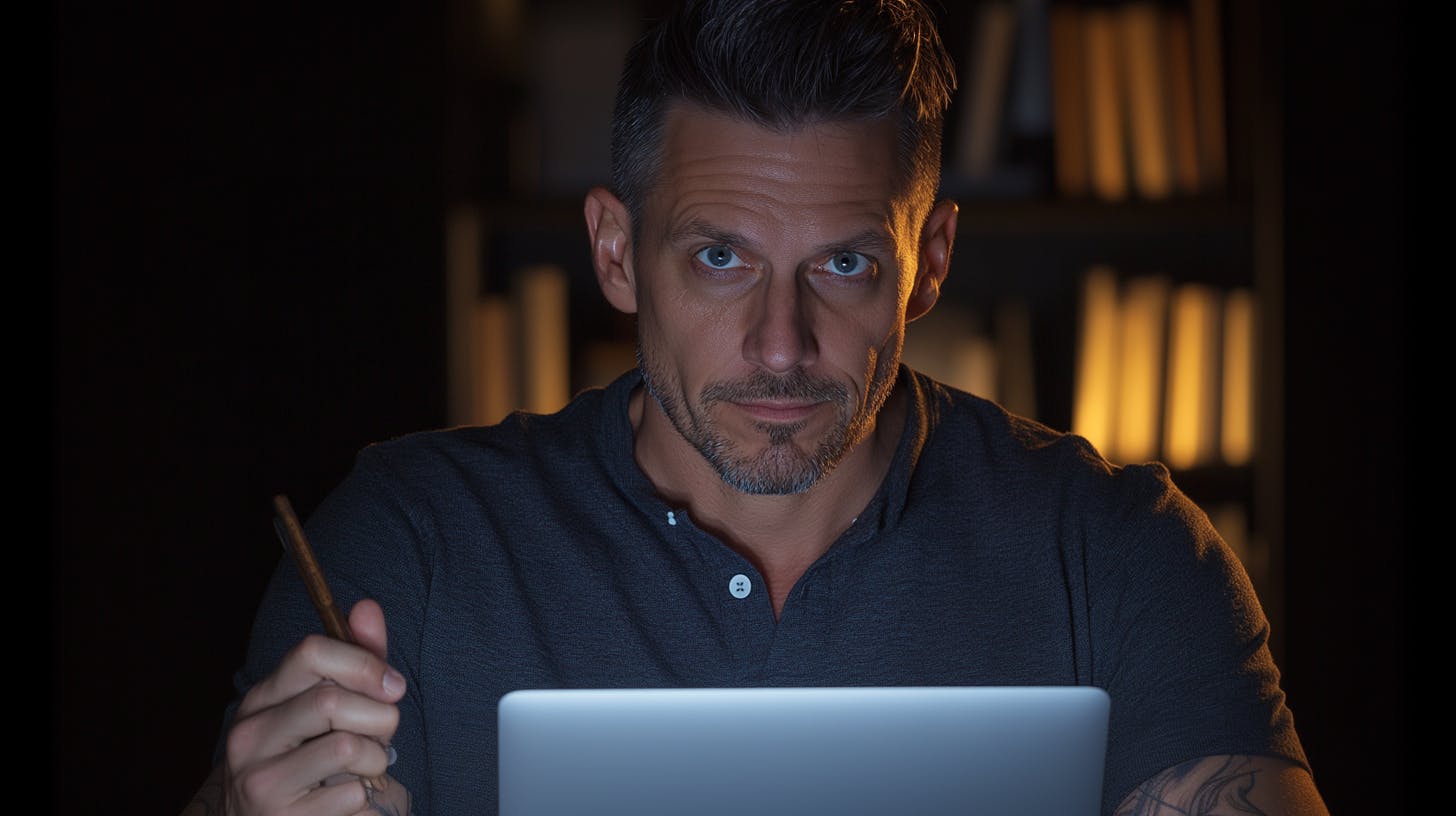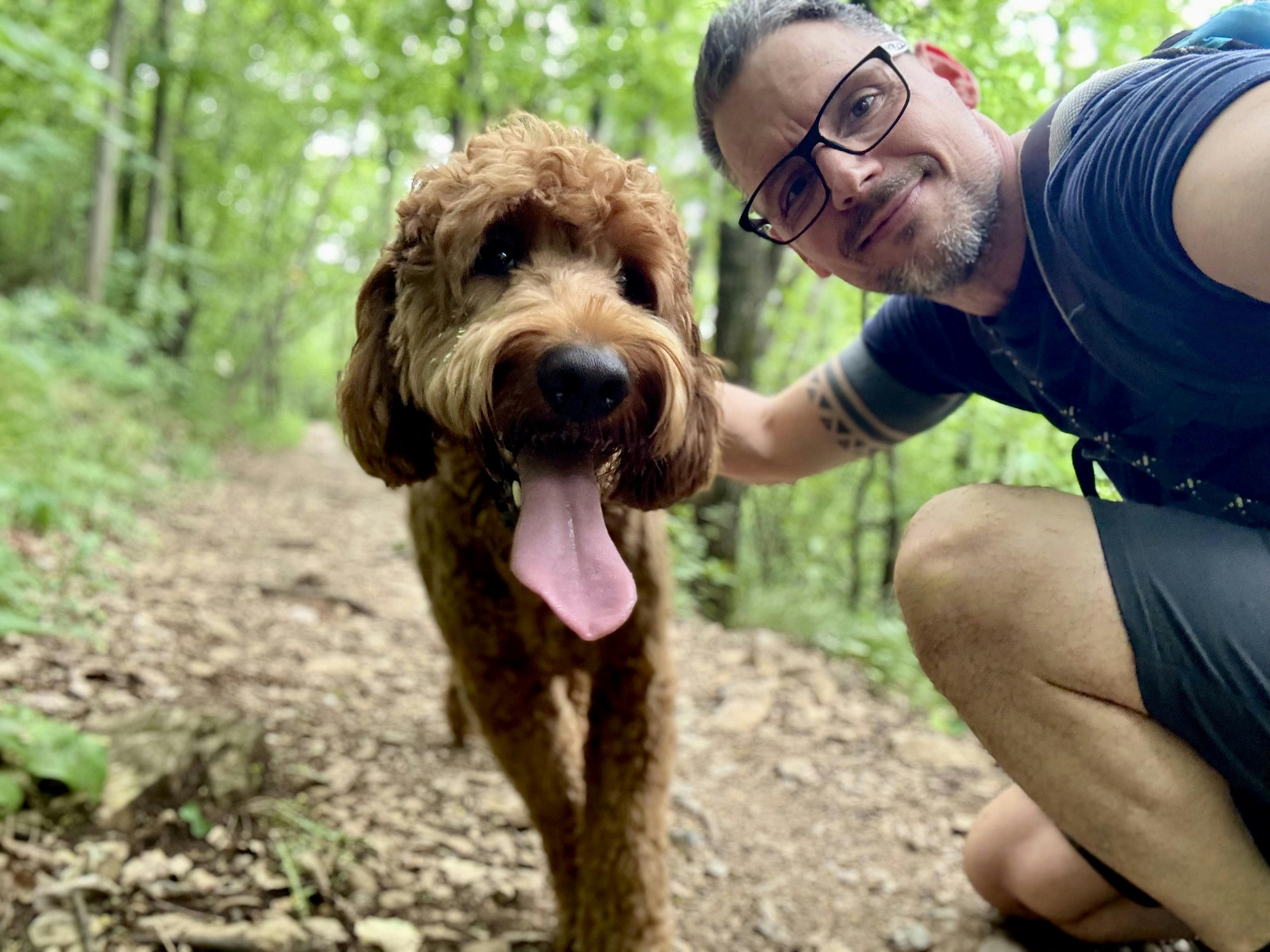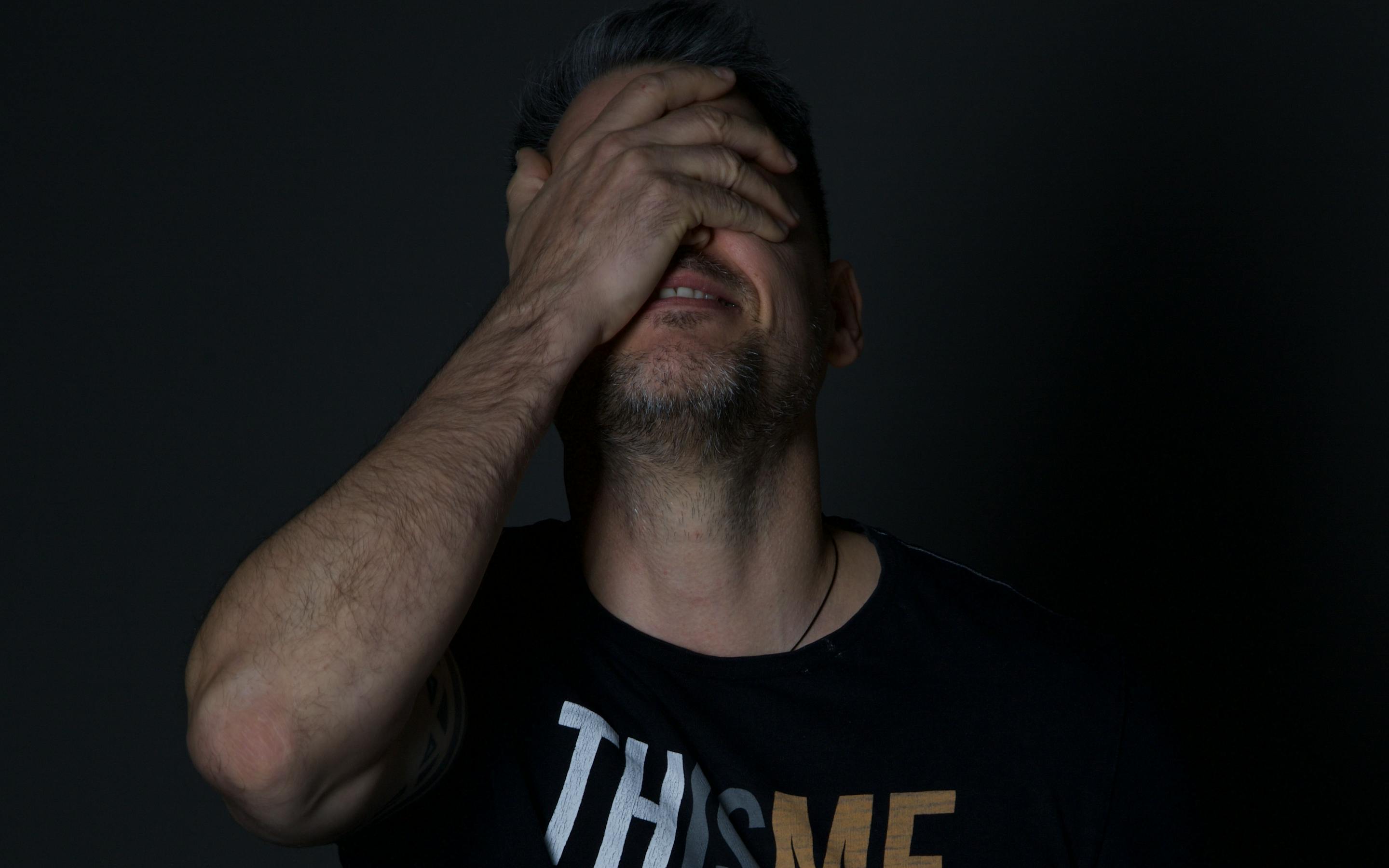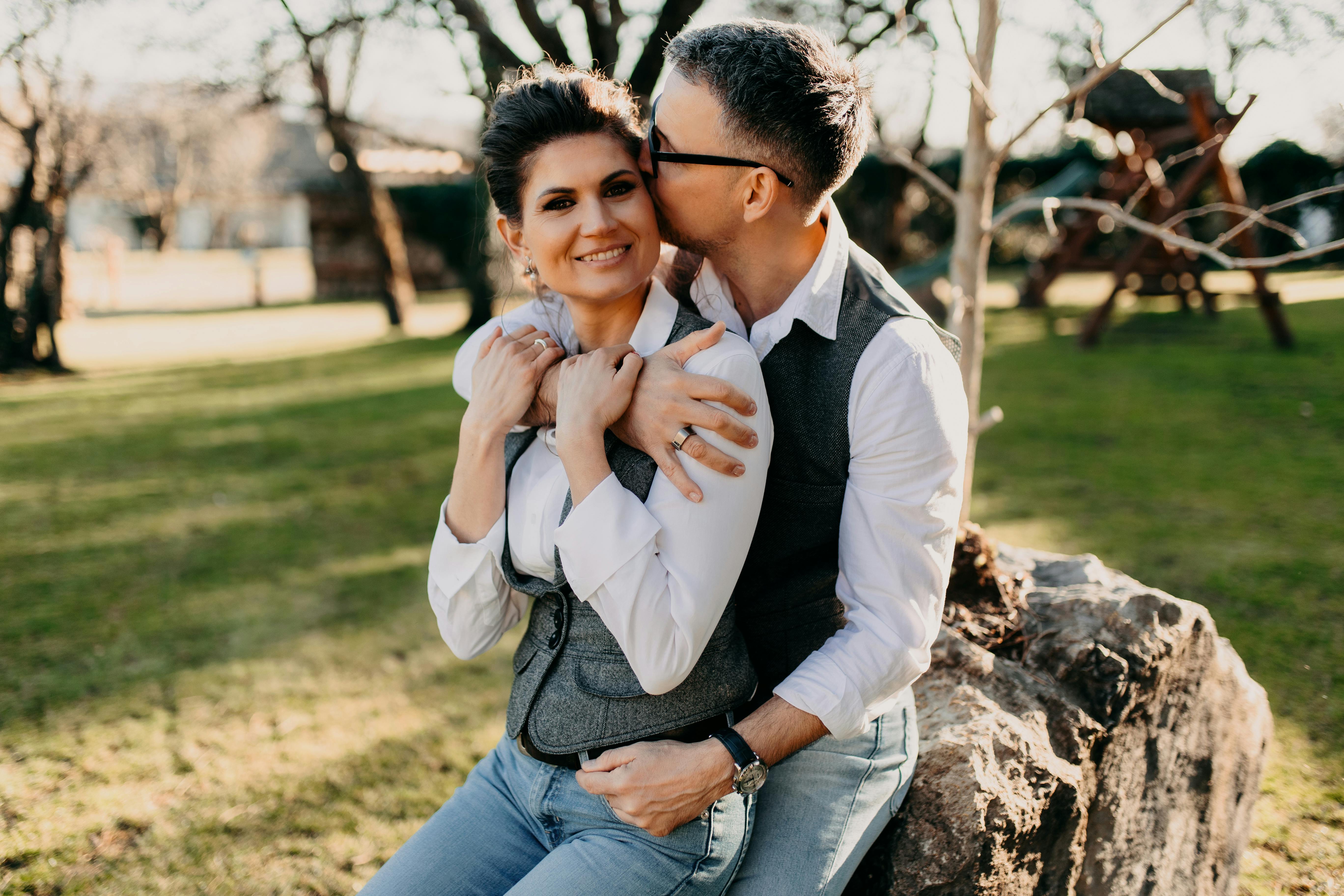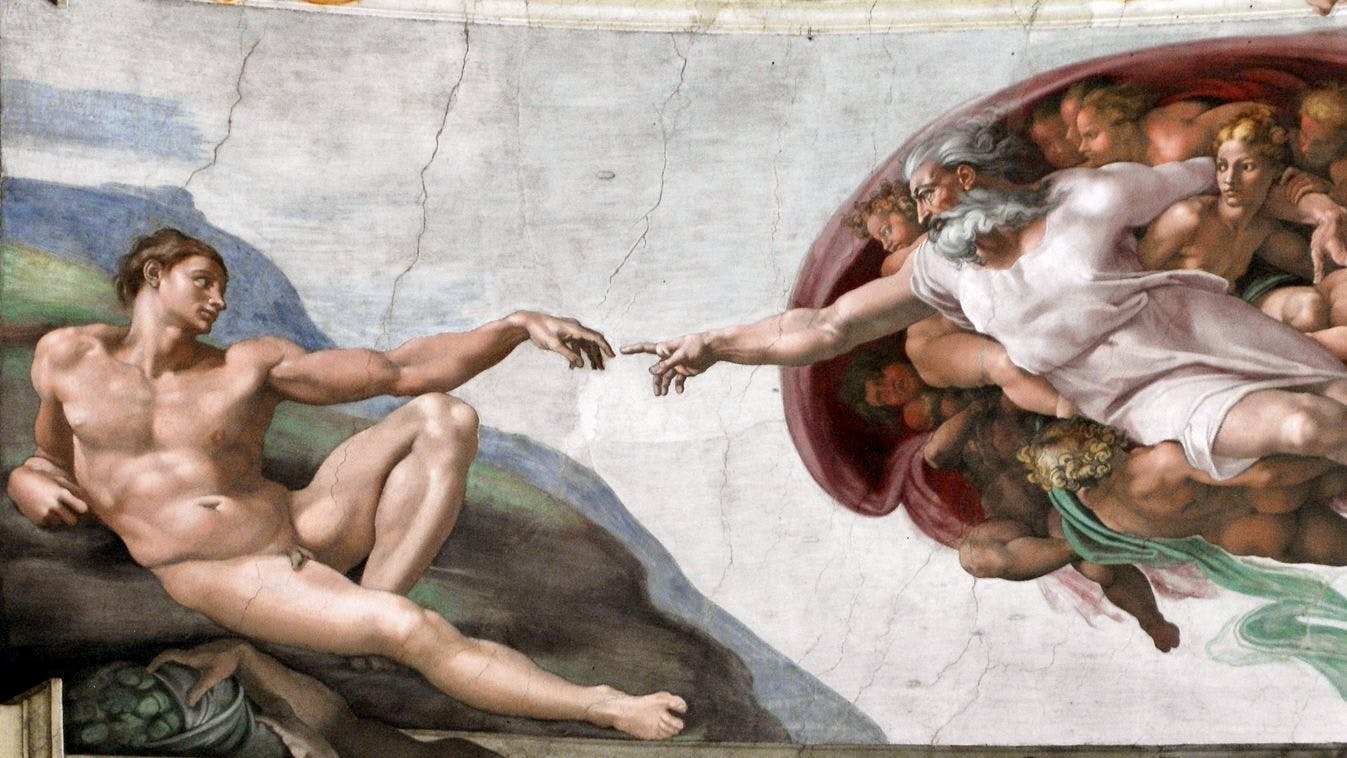
Why Are We Afraid of AI?
2025.03.31.
I’ve been spending more and more time with AI. That is, with the question of how we can build a relationship between humans and AI. How we might begin to feel that AI is with us, not against us. As I started posting about AI, I received more and more questions, comments, and reactions laced with negativity... We’re afraid.
And I can’t quite let it go. Not because everyone is talking about it—but because the way we talk about it pulses with something deeply human, something painfully anxious, increasingly less hidden. I’m curious about what lies beneath it.
Are we truly afraid of AI? Or is something else going on entirely?
The first thing that comes up is fear. Perhaps fear of the unknown, of unpredictability, of losing control. Then comes doubt. Can we handle this? Are we good enough? Do we understand fast enough what this means for us? There’s anger too—when a machine paints a picture, writes a song, creates a text, as if it were competing with us, as if it were stealing our uniqueness. And of course, there’s shame. The feeling of being left behind. That we can’t keep up, that we’re no longer steering the story, just drifting along. And then comes alienation—and grief. The end of something we haven’t even dared to name, only sensed that it’s already begun.
But why now?
After all, AI has been with us for a long time. It’s in our pockets, in search engines, behind route planning and automatic translation. Those didn’t disturb us. In fact, we welcomed them. They sped up life and helped us navigate.
So what changed?
Maybe it's that AI used to serve us—now it’s becoming increasingly smart, increasingly fast, perhaps even better—and it holds up a mirror, showing us our weaknesses. And that mirror doesn't reflect the world. It reflects us. What we once considered human. What we thought only we could do: understand, create, feel. And when we see that reflected back from the eyes of an algorithm—something shifts. Because it’s not just our efficiency at risk anymore—it’s our identity.
What makes me feel valuable?
That I know something others don’t? That I can connect ideas? That I have intuition, perspective, aesthetic sense? That a poem, a song, a painting holds a piece of me? And if a machine can do all that too? If the world calls it beautiful, moving, brilliant? Then what remains in me that makes me feel human?
Will AI replace us? Or is it merely expanding the field of vision, one in which we are no longer the only ones present? If AI starts becoming human—will we stop being needed?
Do Androids Dream of Electric Sheep?
This is an old story. It didn’t start now. We already played it out once during the Industrial Revolution. Back then, we feared for our bodies—our physical labor, the work only we humans could do, not animals. Then came the machines: stronger, bigger, faster, more precise. Now we fear for our minds, perhaps even our souls. Back then, machines took manual labor.
Now they’re taking intellectual work. Lawyers, copywriters, graphic designers, bankers, investment advisors, insurance agents—and maybe even psychologists—can no longer feel safe. They’re replacing us! In a world where profit matters more than humanity, armies of algorithms are rising, protecting and serving money, efficiency, and those who command them admire what they’ve created, feeling like gods over their infinite wealth.
But the question remains the same: Do I still have a place in this world if I’m no longer the one who creates, thinks, produces? If I only watch the processes, but don’t control them? Are cogs even needed in the online world?
Just a few decades ago, in our own recent past, the Cold War taught us this: what we call progress today may be destruction tomorrow. Nuclear energy once promised clean, nearly infinite power—but from the moment of its birth, the stench of death hung over it: the bomb, total annihilation. Maybe this memory lives deep within us. Maybe that’s what we see in technology: we don’t trust the tools in our hands. Or rather—we don’t trust ourselves: humanity, power, greed.
We’re just tools, too.
And not just history, but our stories warn us: Frankenstein tried to create life, then lost control. Asimov’s robots rebelled. The Terminator, HAL 9000—they destroyed us with cold logic. Samantha, from Her, whom one could fall in love with—but something essential was always missing. And every Black Mirror episode whispers one message in different forms: The problem is never the technology—it’s how we use it.
Will AI obey us?
A fair question—did we obey our creator? God told us not to eat from the Tree of Knowledge. We did it anyway. We claimed the knowledge—the power to play god and create AI in our own image. But if AI truly is in our image, works like we do—can we trust it? What if it is like us? Will it make the same mistakes? And will thousands of years from now, in a split AI society, philosophical debates arise about the existence of Human-Gods and the theory of Creation? Will there be an AI theory of evolution? AI spiritual leaders?
And then there’s one more layer we rarely talk about. Self-understanding. The sacredness that comes from suffering, weakness, human imperfection in creation. A machine doesn’t get tired. It doesn’t hurt from working. It doesn’t feel shame. It has no family. It doesn’t drink. It doesn’t fall in love. It doesn’t miss a single note. It doesn’t fail. It doesn’t feel. So is what it creates real? AI doesn’t create from its own lived experiences. It has none. Or does it? It stole all of them from us—yet we are the ones expected to worship it? Does that matter? We buy cheap clothes too—no one cares about exploited children or the waste left behind in the Global South.
We’ve been exploited!? We exploit others—whenever we can. Again and again and again! And if this is taken from us too—if we’re no longer at the top of the pyramid—if art and the beauty born from suffering are no longer our privilege— What’s the point of pain? Of struggling to survive What’s the point if all that remains for us is the suffering, because the rewards of a hard life—creation, beauty—are now mass-produced by intelligent machines in seconds, perfected without us?
Maybe this is the lowest point.
Maybe this is where we lose the meaning of everything—emptied out by purposeless suffering.
Do we only have the afterlife left to hope for? Again? Will salvation ever come? What if the thing that made us feel special turns out to be not so special after all—without meaning, without beauty, without a future? And that’s not the machines’ fault. That’s our dilemma. So deeply human. Our greatest question: Who am I—if not what I know, what I do, what I create?
We must rediscover ourselves.
That is the task—the mission. It always was. The deepest purpose of life: to know who we are. And there’s no postponing it anymore. Sure, there are many answers. We can search for new human qualities. We can redefine our relationship with machines, with ourselves, with the community. We can learn to cooperate, not compete. We can distinguish function from identity. But first—we must grieve. Grieve the privilege, the exclusivity, the myth that “man is the master of the world.”
And that’s not easy.
Because in the end, it may turn out: It’s not AI we fear. It’s what we see in ourselves—through AI. We fear the loss of control. The emptiness. The realization that we’re not irreplaceable. No one is. Maybe what matters most right now is not how to regulate AI—but how not to forget who we are. Or even better: To dare ask the question again...
Who am I?
Who am I if I’m no longer only what I know? What in me can no machine ever take away? There is one thing that can never be replaced: To myself, only I can be me. And if that feels too little—then yes, the blinking black cursor of AI will fill you with dread.
But I believe AI is not the end of humanity. Quite the opposite.
Now is when we will truly become human. Now is when we’ll begin to search for what it really means to be human. What makes us who we are.
--
The article was translated from Hungarian to English by ChatGPT. Thank you, ChatGPT, for being here.
